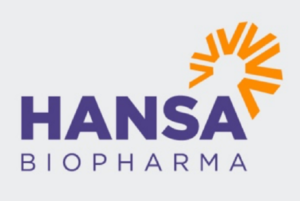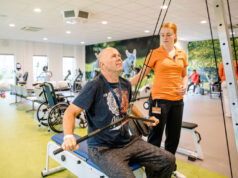 Hansa Biopharma has announced that the Australian Therapeutic Goods Administration (TGA) has provisionally approved Idefirix (imlifidase) as desensitisation treatment for highly sensitised patients prior to kidney transplantation from both living and deceased donors. The provisional approval has a duration of two years and was based on data from Hansa’s phase 2 studies, which included highly sensitised patients who received a kidney from either a living (17%) or deceased donor (83%) following desensitisation treatment with imlifidase.
Hansa Biopharma has announced that the Australian Therapeutic Goods Administration (TGA) has provisionally approved Idefirix (imlifidase) as desensitisation treatment for highly sensitised patients prior to kidney transplantation from both living and deceased donors. The provisional approval has a duration of two years and was based on data from Hansa’s phase 2 studies, which included highly sensitised patients who received a kidney from either a living (17%) or deceased donor (83%) following desensitisation treatment with imlifidase.
Søren Tulstrup president and CEO of Hansa Biopharma said: “With nearly 28% of kidney transplant candidates in Australia considered highly sensitised, the approval of Idefirix represents an important innovation in kidney transplantation care for patients and clinicians. Hansa applauds the TGA for being the first regulatory body to approve the use of Idefirix in transplants from both living and deceased donors, thus ensuring comprehensive access for highly sensitised patients in Australia to this important therapy.”
A Hansa press release states that there is a high unmet need for very highly sensitised kidney transplant candidates in Australia. Of the more than 1,000 patients on the deceased donor kidney transplant waiting list as of end of 2020, 21% are classified as very highly sensitised against a donor organ having a calculated Panel Reactive Antibody (cPRA) of 95% or higher. Even under the Australian allocation system, which gives priority to candidates with cPRA >80%, and the Australian and New Zealand Paired Kidney Exchange, very highly sensitised patients continue to have “markedly reduced rates of transplantation” and are “forced to wait for very protracted times, or indefinitely, for a suitable match to become available”, the release adds.
Of a total of 875 kidney transplantations performed in Australia in 2021, 202 (24%) were from living donors and 644 (76%) were from deceased donors. Enabling transplantation from living donors expands the number of potential organs available to patients and increases the chances for these patients to receive a life altering transplant, the release also suggests.
Kate Wyburn (University of Sydney, Sydney, Australia) said: “Innovation in kidney transplantation has been quite limited for highly sensitised patients. With the approval of this new desensitisation treatment in Australia, we now have an opportunity to potentially help these immunologically complex patients who may otherwise never receive a transplant offer.”
Data submitted to the Australian TGA was generated in Hansa’s phase 2 studies that “demonstrated the efficacy and safety of imlifidase” as a desensitisation treatment to enable incompatible kidney transplantation for highly sensitised patients. The submitted data included a subanalysis of highly sensitised patients that received a kidney transplant from a living donor following desensitisation treatment using imlifidase. In line with the EMA’s conditional approval, full approval in Australia will require submission to the TGA of further safety and efficacy data from studies that are currently underway.











